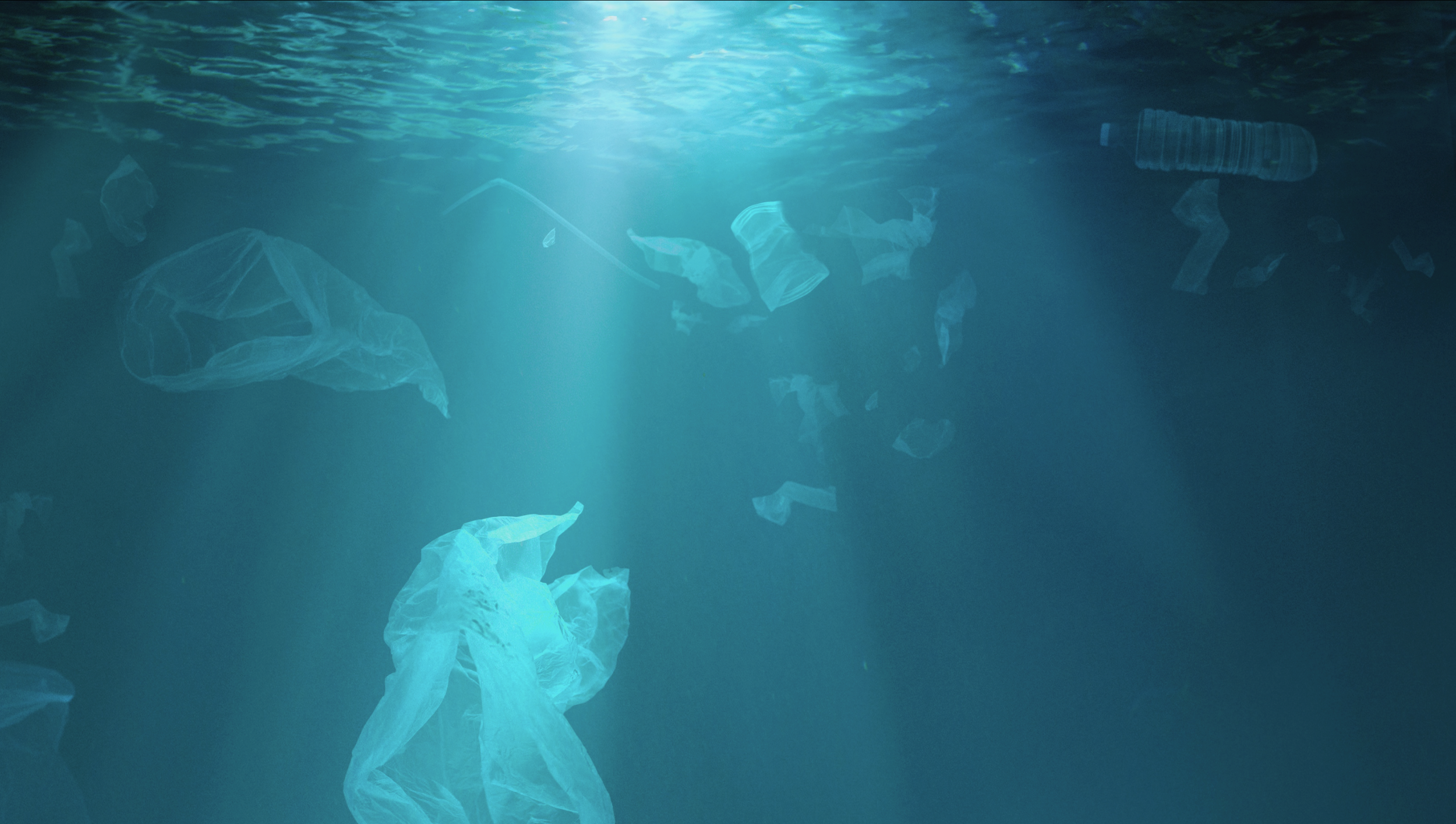
IN THE TIME IT TAKES YOU TO READ THIS MORE THAN 555 PIECES OF PLASTIC HAS POLLUTED THE OCEAN.
2020 Impact Report
We have ambitious targets and have achieved some promising results. Our 2020 Impact Report shares our progress so far, as we work to build scalable solutions that help families save money and protect oceans.
2020 HIGHLIGHTS
We are committed to circularity.
Tackling the global waste issue by increasing the recycled content in our products.
From 2018 to 2020 we have reduced our use of virgin synthetics, replacing 81% with recycled materials.
Reduce, Reuse, Recycle
We are implementing circularity throughout the product life cycle.
We are committed to low impact materials.
To significantly reduce the environmental impact in every product we produce.
We prioritise low impact materials for all our products, and have been steadily removing conventional fibres from our portfolio.
We are saving water and energy.
Conserving resources that threaten ocean health.
We are committed to certified traceability.
We now have a clear picture of our supply chain.
At Piping Hot we know who made our clothes. Traceability leads to accountability, in the past year we have worked closely with our suppliers to map our supply chain from fibre to end product.
Towards a more responsible supply chain.
We’re taking steps to improve and manage our social impact.
At Piping Hot we believe transparency is an essential element for sustainability. By being transparent we can be sure that the sustainable claims that we are making have been verified, providing integrity and accountability to our customers.
Mapping our supply chain has been our first priority. Supply chain transparency means we are better able to identify health and safety risks and implement systems to improve the working conditions of the people who make our products. We are always looking to improve and manage risks, but knowing where we stand gives us the ability to make meaningful change happen.
Better Together.
We support those taking action to protect oceans.
We are committed to making sustainability affordable for families.
We believe that investing in scalable solutions is essential to change the industry and improve accessibility for all.
We focus on scalable solutions to help families save money. We can significantly reduce environmental impact by making sustainability affordable.
HOW THE MODEL WORKS
SCALING AND DEVELOPING WIDE REACHING SOLUTIONS
Textile Exchange
Textile Exchange fosters cross-sector collaboration and shared learnings to minimise the fashion industry’s impact on the planet. The member-based organisation sets out global standards for the responsible use of fibres, and the best practice in relation to farming, materials, processing, traceability and reducing carbon emissions.
We participated in the Textile Exchange Corporate Fibre Materials Benchmark in 2018 and 2019 and will continue to do so each year. This initiative enables us to measure our progress alongside 200+ global fashion brands from an environmental perspective. The combined data supports industry advances in sustainable fibres, sharing information to collectively navigate complex supply chain issues.
We are want to eliminate microplastic shedding at the source.
Supporting scientific research into this growing issue.
Microfibre Research
The shedding of microplastics from polyester fabrics is a major obstacle to our clean oceans mission. With no immediate options currently available to tackle this issue, we have been actively pursuing viable solutions by contributing to microfibre research and investigating biomaterial alternatives.
In 2020 we contributed to microfibre research, led by Dr Mark Brown and Dr Marina Tedesco at the University of New South Wales to better understand how to reduce microfibre shedding. The research includes an independent study of existing washing machine filter solutions to determine their effectiveness. The results will inform scientists and consumers about the performance of available devices to reduce microfibre shedding during the wash cycle. The study is currently being peer reviewed and will be published by the end of 2021.
We are progressive.
We’re committed to this journey and achieving milestones consistently.
This 2020 Impact Report has been collated by the Piping Hot team in collaboration with our suppliers. All data is calculated from 1st January 2018 until 31st of December 2020.
For further reading, we recommend these resources: Global Recycling Standard; United Nations Global Compact; Ellen MacArthur Foundation; Better Cotton Initiative; HIGG Material Sustainability Index; United Nations Development Program; UNSW Centre for Marine Science Innovation
















